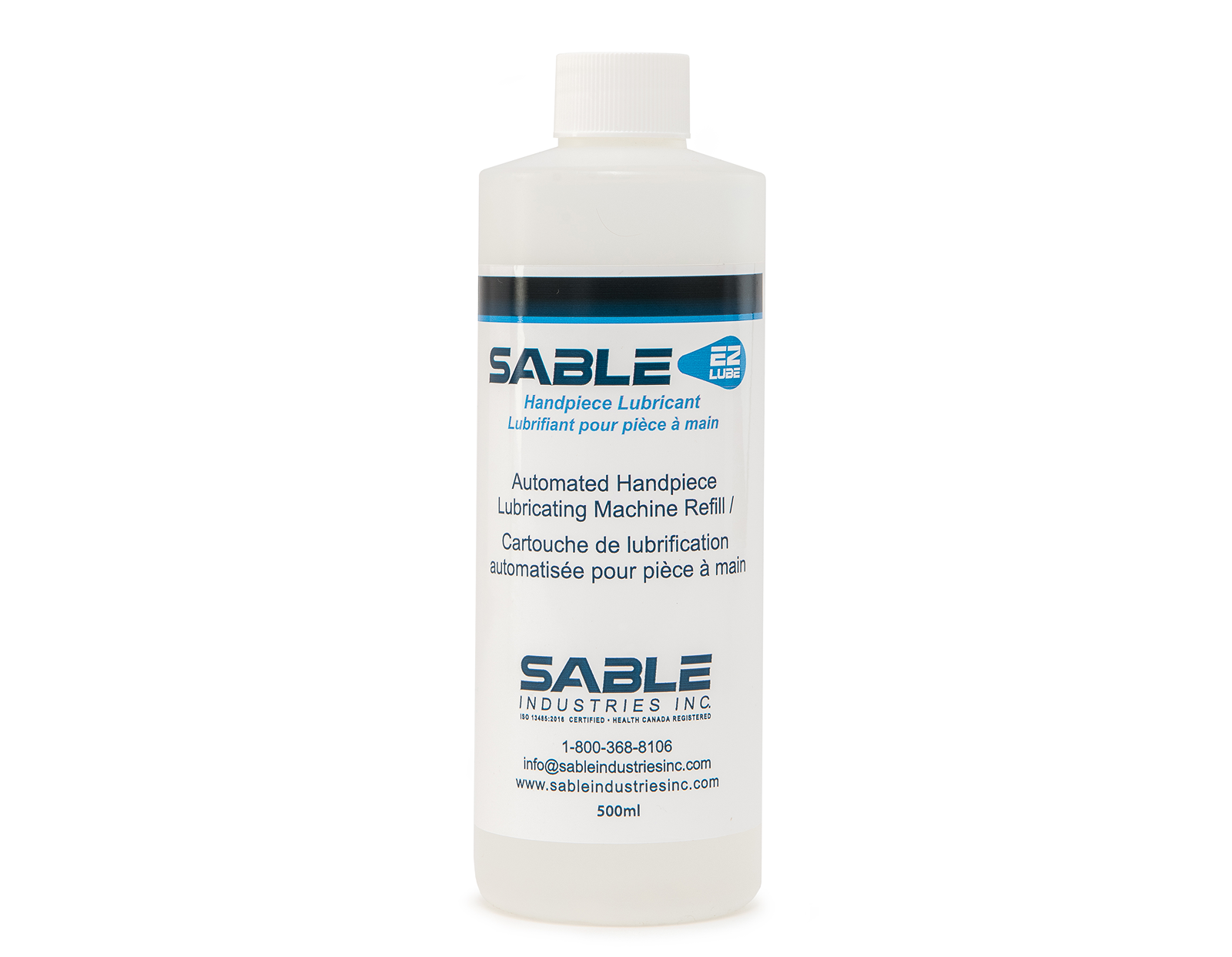Working in dentistry can be extremely tough on your body.
In fact, compared to other professionals, dental hygienists are at a far greater risk of musculoskeletal disorders (MSD) that affect the soft and hard tissues. Between 60% and 96% of hygienists suffering from neck, shoulder, wrist, hand, or back pain.
Furthermore, since you spend practically all day helping people, you’re dealing with prolonged exposure to physical and psychological stress. Chairside burnout is a genuine and problematic issue for many hygienists.
Taking care of yourself as a dental professional is a must! Here, we’ll discuss 7 tips that’ll help you perform at your best on the job without compromising your physical or mental health.
1. Focus on Ergonomics
In short, ergonomics is the study of people’s efficiency in their working environment. Really, the idea is for you to be honed in to your own posture and position.
For a dental hygienist such as yourself, the following facets of your job should be optimized for ergonomics:
- Room configurations
- Loupes and lighting
- Handpieces
- Instrument type and grip
- Operator chair
- Ability to move around your patient
One example of an effective ergonomic measure is using anatomical or “handed” gloves instead of ambidextrous gloves (which put up to 33% more pressure on the thumbs and fingers). Also, remember to stretch regularly throughout the day!
2. Practicing Yoga
Since you’re a hygienist, you must find the balance between physicality and mentality. And breathing techniques employed in yoga can be that centring factor.
Yoga’s focus on breathing and posture helps combat the various musculoskeletal issues and burnout you might face.
For instance, savasana – the final meditative posture – helps establish a calm and reduction of blood pressure. It also aids in better sleep and reduction of stress.
3. Start a Cryotherapy Regime
Having first been used in Japan in the 1970s, cryotherapy exposes the body to a -100°C temperature for around one to four minutes. Cryotherapy chambers can be entire rooms or structures that resemble barrels that expose you, neck-down, to the liquid nitrogen.
There is an array of studies and scientific evidence that prove the value of these treatments. Namely, for dental hygienists, cryotherapy helps treat musculoskeletal pain and related ailments.
4. Visiting the Chiropractor
Chiropractors use a holistic approach to treating musculoskeletal disorders. Primarily, such treatments center around proper spine alignment. With the adjustments provided, chiropractic professionals believe that healing is enabled without the need for surgery or pharmaceuticals.
There is a wealth of techniques and methods of treatments, such as manual-diversified techniques. All chiropractors are different, so treatment lengths differ depending on their philosophy.
5. Treat Yourself to a Massage
While the title of this section suggests that massages are something of a treat, in your profession, they’re a necessity for keeping happy and healthy!
In utilizing rhythmical pressure and stroking, massage therapists help prevent, develop, maintain, rehabilitate and augment physical function while relieving pain.
Now, the benefits of massages can be short term, but they do improve lymph flow and prevent fibrosis, for instance. Also, they increase serotonin levels and provide endorphins, which helps with the anxiety and stress you may feel on the job.
6. Stick to Acupuncture
Not only does acupuncture have proven results, it’s specifically been useful for dental hygienists who’ve been suffering from musculoskeletal disorders.
This form of treatment theorizes that an imbalance in the body’s energy flow (or chi/qi) causes illness. This flow of energy is accessible through around 350 points on the body where thin needles are inserted to restore balance and harmony.
7. Take Time to Meditate
It’s believed by many that meditative practices play a big part in improving psychological, neurological, and cardiovascular function.
Best of all? There’s no gym membership or meditation guru needed. All you have to do is sit upright and still while focusing your attention on something like breathing.
With these 7 methods of self-care, you’ll feel happier and healthier in your dental practice!


